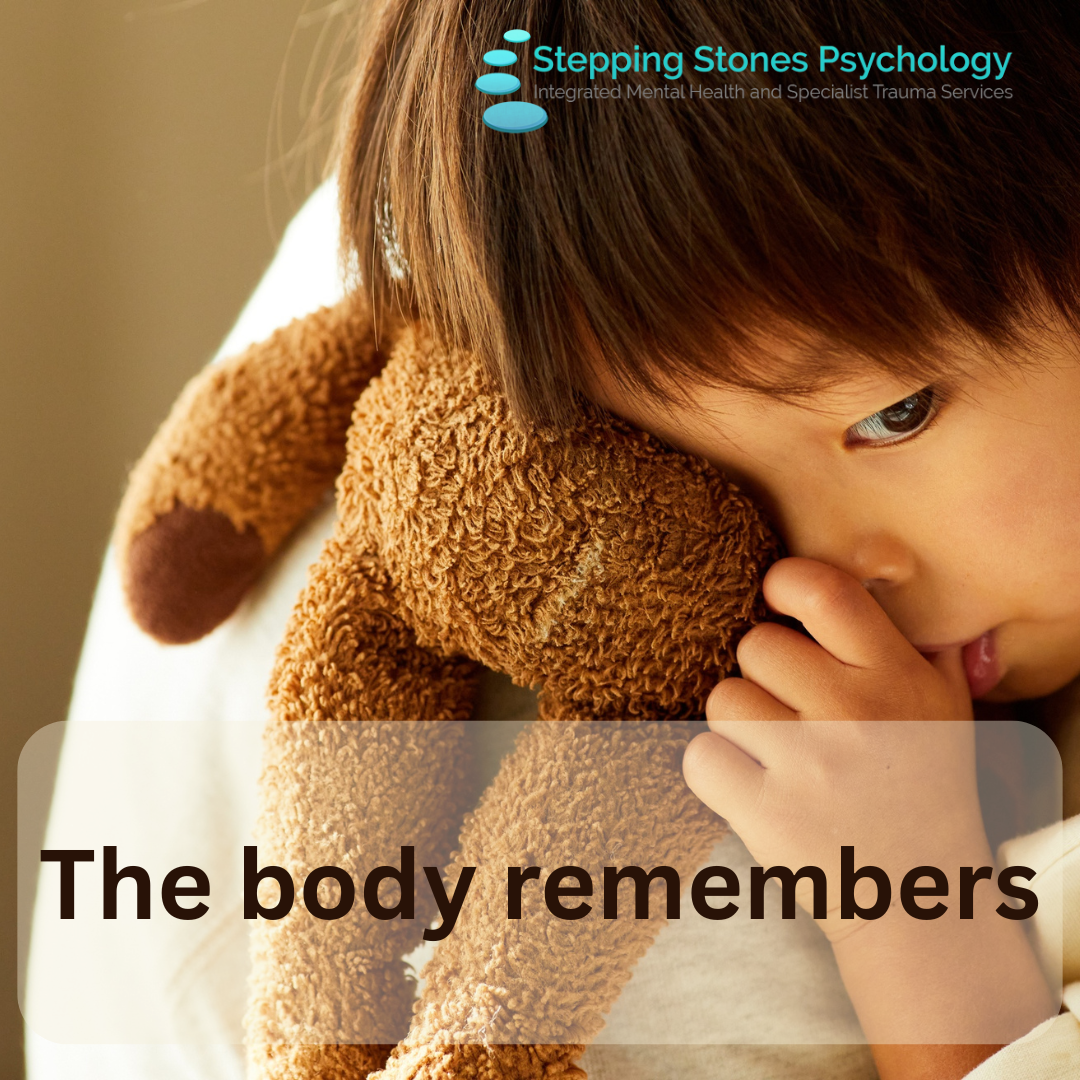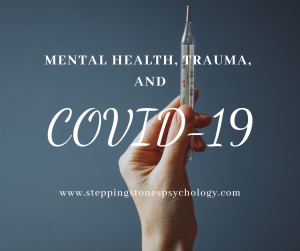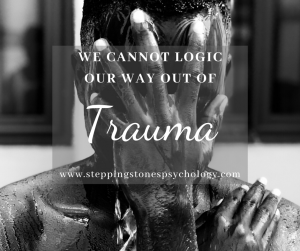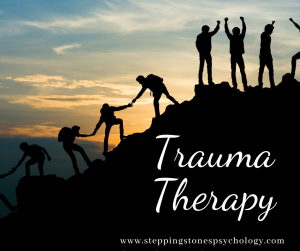Today I had to say goodbye to my mum as she flew to the other side of the planet for over a month. I felt a visceral pain and cried while hugging her, almost as if it was the last time I would see her. I react like this nearly every time she travels far away. The first time I dropped her off at the airport, when she was only traveling to Denmark, just a 1.5-hour flight, I cried the whole way back. My son was surprised to see my reaction and compassionately asked why I was so upset, reassuring me that she would be okay and that she’ll be back. His words made me pause and reflect on why on earth I react so strongly and ‘strangely’. I knew cognitively that my reaction was out of proportion.
It reminded me of the trauma we carry for many years. Part of my emotional reaction came from feeling protective of my mum, which was a response rooted in past trauma. Growing up, I witnessed difficult situations she faced, where I had felt I needed to protect her. Even now, this protective instinct can obviously resurface during moments of separation.
Part of my emotional reaction also came from feeling long-lasting grief. My mum and I were separated when I was young under very traumatic circumstances, and we were hindered from not only seeing each other but also from staying in contact altogether for years. This was a painful experience and a significant attachment trauma for my mum and me. Over the years, I have processed this in therapy, shared my anguish in sessions, and even done EMDR and other trauma processing work on both this and related traumatic memories. I have healed, grown, and am now a healthy, functioning adult.
Yet, despite all the post-traumatic growth, therapy, and time that has passed, even a simple goodbye and temporary separation can bring it all back. Not as a thought pattern as such, or visual memory, but as powerful body memories. As Bessel van der Kolk says, the body keeps the score, and these memories can return as a visceral reaction.
The reason I share this is to remind clients and trauma survivors to be kind and compassionate with themselves. As I so often say, healing is not linear. Post-traumatic growth is not perfect. It is messy, complex, and sometimes when you feel that you are doing really well, something can take you right back again. That is the reality of trauma and living with complex PTSD. The more you accept this, rather than aiming for perfection or expecting yourself to never be affected, the deeper the healing and growth become. When we pressure ourselves with unrealistic expectations of being fully healed or unaffected, we risk becoming our own barrier, hindering the very growth we are striving for.
I hope you find this information and the recommendations helpful in terms of your mental health, wellbeing. It is so important that you take things at your own pace and be patient, gentle and kind with yourself when you go on your healing journey. If there is one thing, I would like for you to take away from this blog, I hope it offers you some empathy and validation.
Sharmi under © Stepping Stones Psychology




